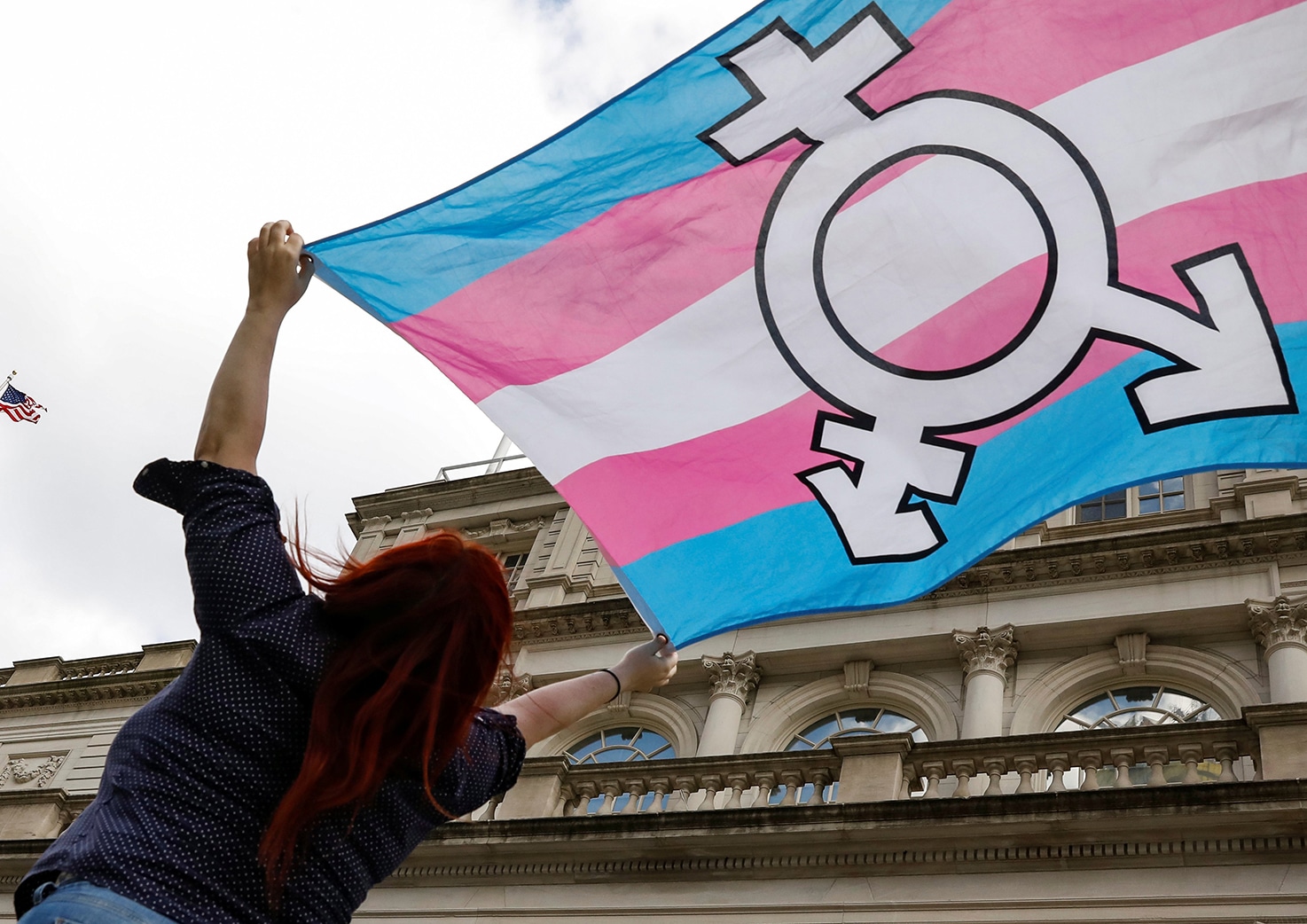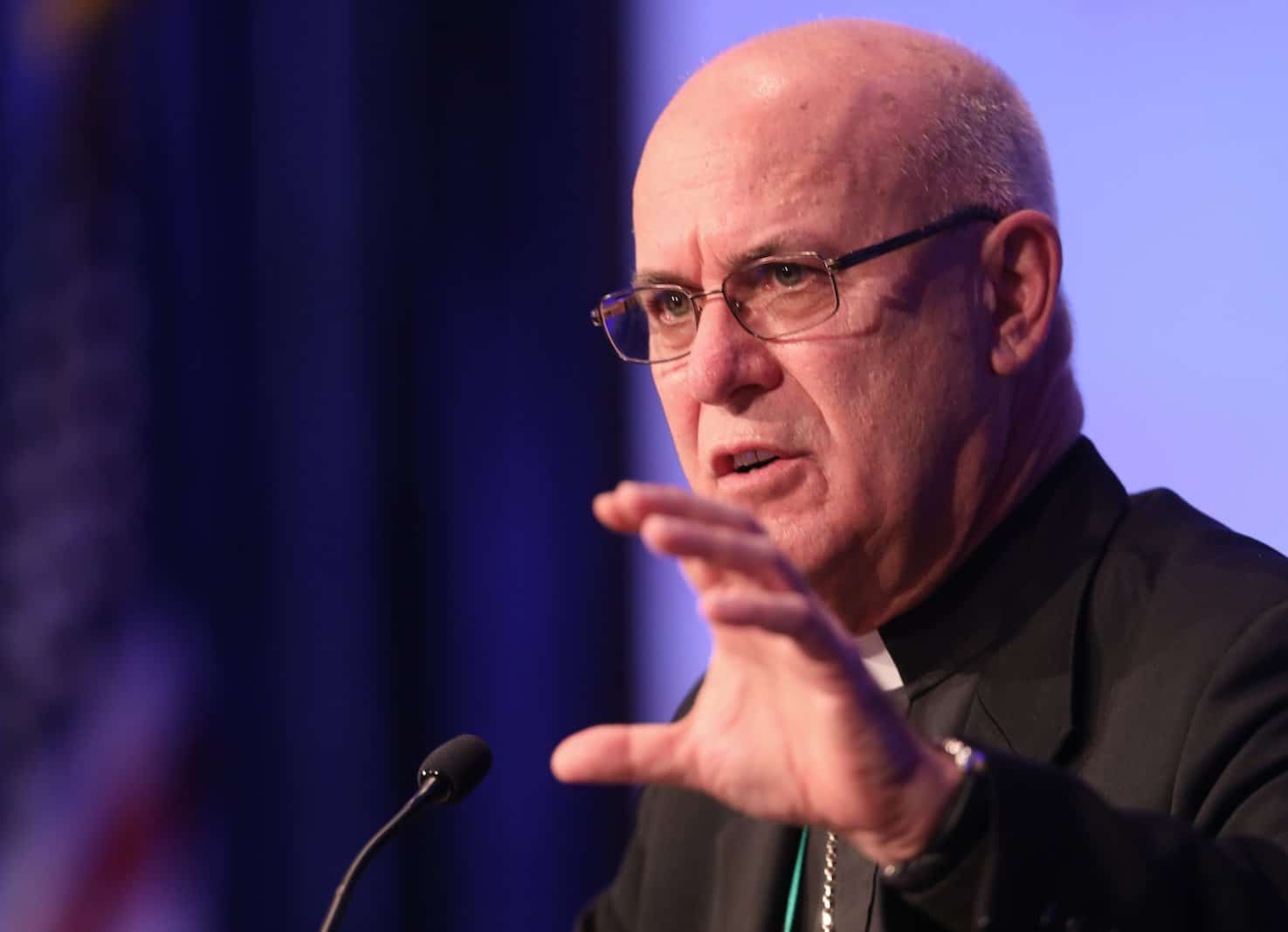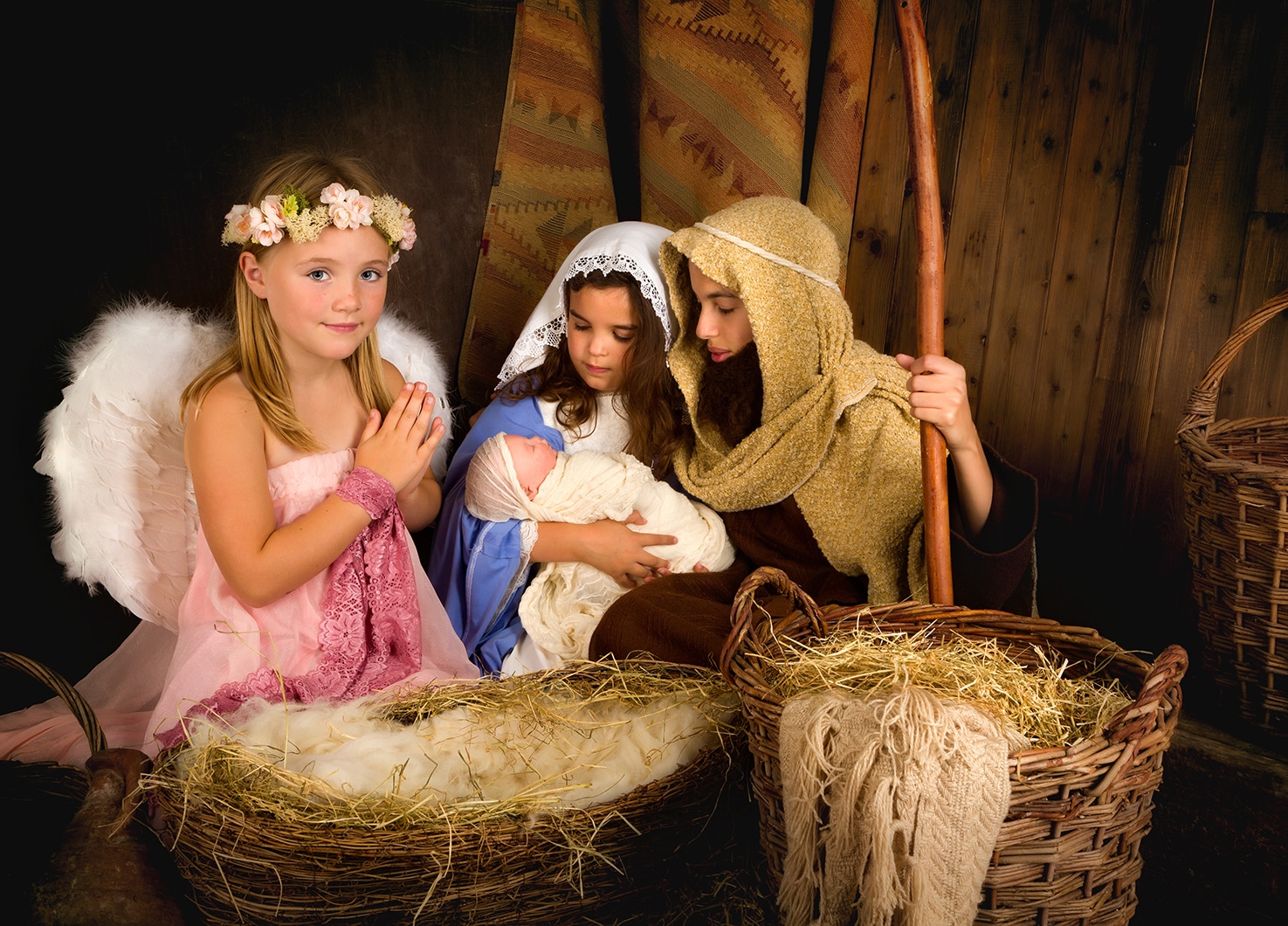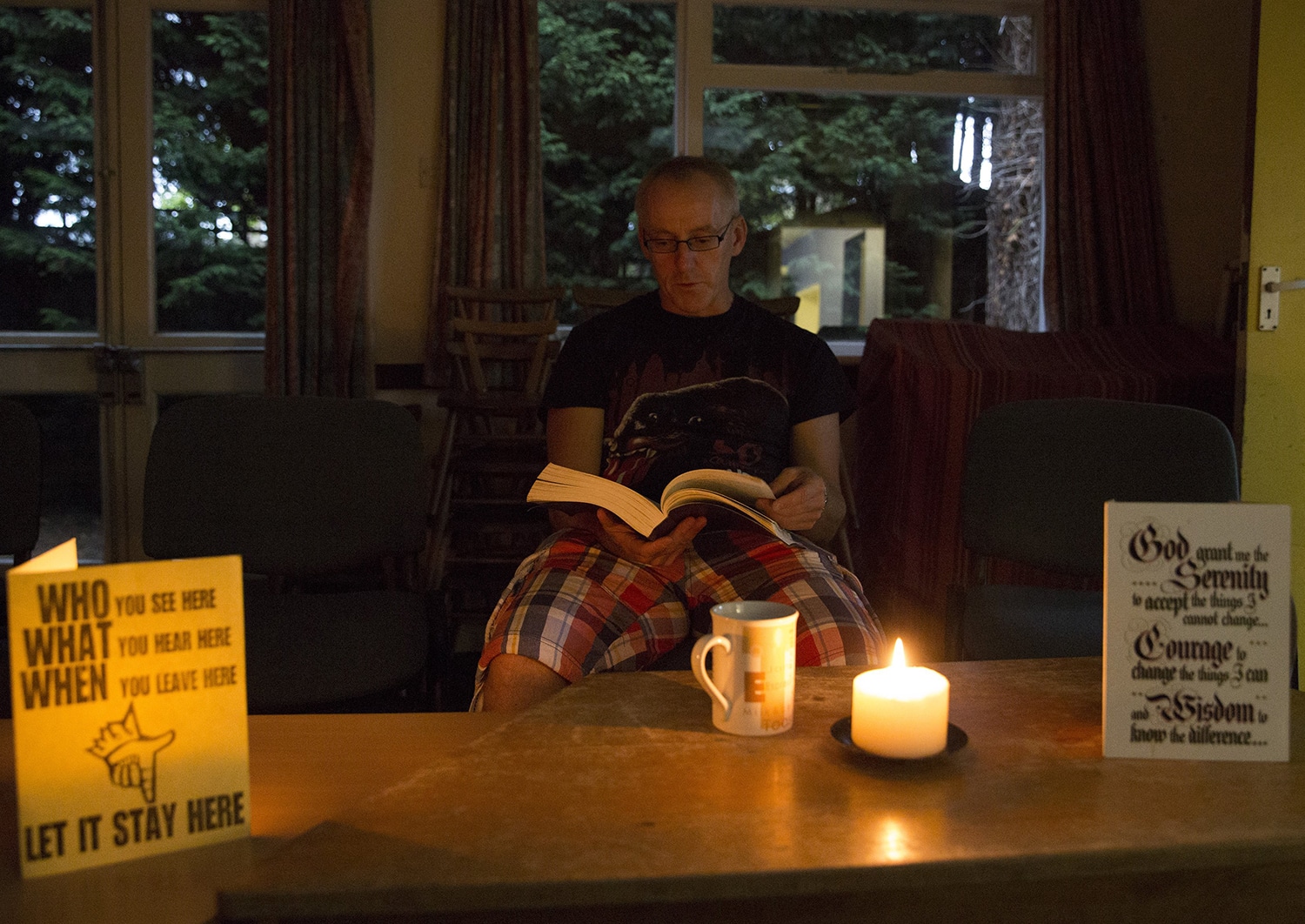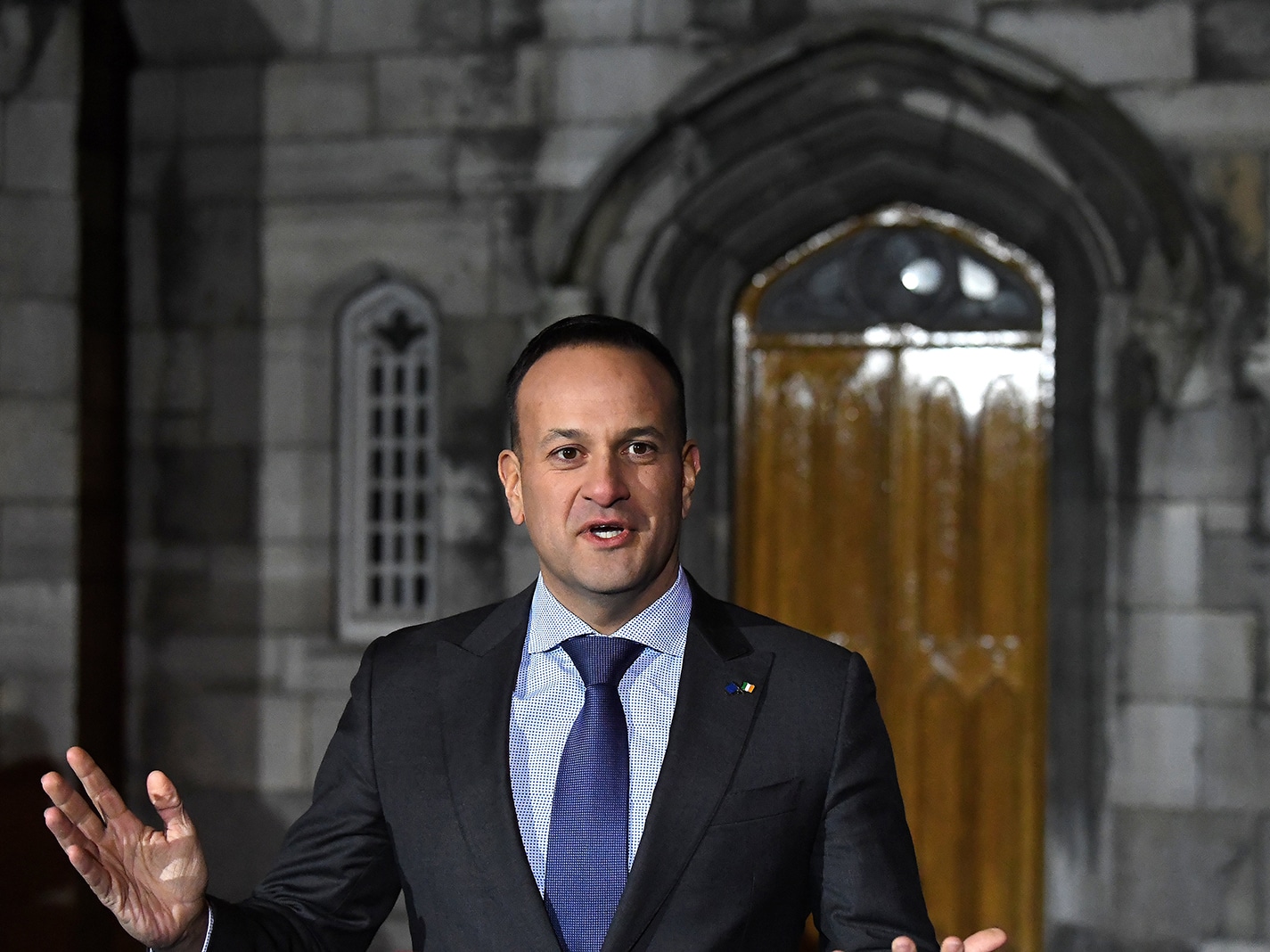At a time in our culture when the truth about sexuality and gender can be confusing and unclear, clarity on these issues is priceless. The local Church in the Diocese of Fort Wayne-South Bend received such refreshing clarity from its shepherd, Bishop Kevin C. Rhoades, recently in response to a policy change by St. Mary’s College in Notre Dame, Indiana. St. Mary’s, a historic Catholic women’s college founded in 1844 by the Sisters of the Holy Cross, recently changed its admissions policy to permit not only those “whose sex is female” to apply to the college but also those “who consistently live and identify as women.” In doing so, St. Mary’s — like several other historic Catholic women’s colleges — has placed itself at odds with the perennial teaching of the Catholic Church, the recent teaching of Pope Francis and the teaching of Bishop Rhoades.
In a statement following the school’s announcement, Bishop Rhoades carefully navigates the complex terrain of Catholic teachings on sex and gender ideology, distinguishing between the two with precision. Bishops, priests and leaders of Catholic ministries can benefit from studying Bishop Rhoades’ response, as it is a model for Catholic leaders facing similar challenges.
Offering clarity
Bishop Rhoades’ critique of gender ideology embodies this clarity in three essential points. First, he intentionally uses the term “gender” only when it pertains to gender ideology. He otherwise uses the term “sex” to underscore the reality that sexual identity is embodied, clearly rejecting the claim of St. Mary’s that “woman” is merely a social category.
Second, Bishop Rhoades teaches the logical consequence of the Church’s stance on sexual embodiment, namely, that sex is “not assigned at birth” but given by God the creator. In fact, as he notes, sex is given by God not at birth but at conception, from the first moment of a new life, when our sex is inscribed in our being at a cellular level.
Thirdly, Bishop Rhoades connects the Catholic understanding that receives the goodness of the body as a gift to a genuinely Catholic ecology, which likewise receives creation as a gift. Our understanding of the human person and our approach to stewardship of creation are connected at a fundamental level, one which should be more widely expressed.
Teaching the Faith
Bishop Rhoades’ steadfast stance resonates not just within the confines of the debate concerning St. Mary’s College but offers an exemplary response to a question that will affect many Catholic institutions at some level. As a shepherd of the Church, a bishop’s role extends far beyond mere administration; it encompasses the crucial responsibility of teaching and defending the tenets of the Catholic Faith.
Bishop Rhoades also heavily quotes Pope Francis, whose teaching the school attempted to use in its own justification of the policy change. Pope Francis, who has clearly taught on the evils of gender ideology throughout his pontificate, has been a strong voice on this issue, and Bishop Rhoades wisely uses the Holy Father’s teaching to underscore his points.
In a climate where ideological conflicts often cloud public discourse, Bishop Rhoades’ approach serves as a beacon that, we hope, will draw others to produce statements on gender ideology characterized by the same clarity. Such clarity will assist the faithful in developing a deeper understanding rooted in the authentic teachings of the Church.
Reflecting his own motto “Veritatem In Caritate” (“Truth in Charity”), Bishop Rhoades’ statement is also compassionate and charitable. Rather than a direct reprimand, his message is an invitation to embrace truth and love. Any attempt to portray his statement as lacking in compassion will arise from external ideological and political commitments rather than an objective evaluation of Bishop Rhoades’ teaching.
The request made by Bishop Rhoades for St. Mary’s College to reconsider its admission policy is a plea for alignment with the institution’s Catholic identity and the teachings it espouses. His request affirms the Church’s commitment to accompany individuals with compassion while upholding the truth.
Bishop Rhoades’ clear, compassionate and charitable approach is a model for guiding Catholics and Catholic institutions alike as we continue to navigate the controversies caused by gender ideology.

